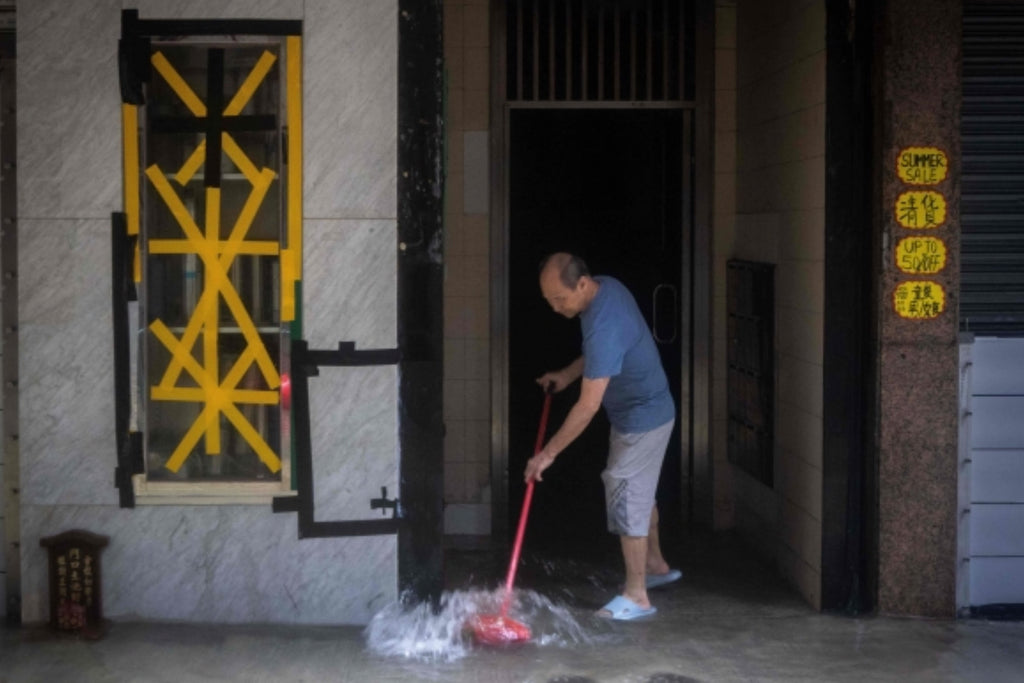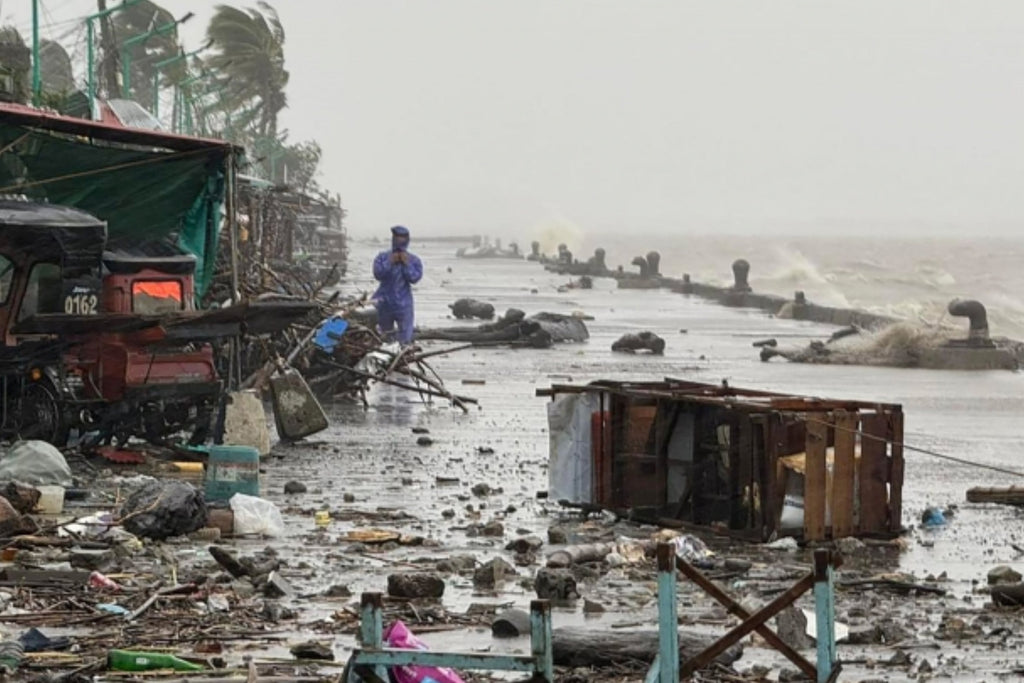Habemus Papam: the name and face of the new pope are known, Leo XIV addresses the crowd
Steph Deschamps / May 8, 2025

Discreet but influential, American Robert Francis Prevost was elected pope on Thursday, becoming the 267th pontiff, under the name Leo XIV.
It's a first in the history of the Catholic Church: a pope from the United States. Elected this Thursday, May 8, Robert Francis Prevost, 69, becomes Leo XIV, succeeding Francis. A man of experience and a connoisseur of the inner workings of the Vatican, this cardinal, who is classed among the moderates, represents a figure of balance in a tense ecclesial and geopolitical context.
Born in Chicago on September 14, 1955, into a family of Italian, French and Spanish descent, Robert Francis Prevost entered the Order of Saint Augustine in 1977, after studying mathematics at Villanova University. He then pursued theological studies in Chicago, before obtaining a doctorate in canon law in Rome.
Ordained a priest in 1982, he was sent as a missionary to Peru in 1984, where he remained for over twenty years. In Chiclayo, in the north of the country, he was involved in formation, ecclesiastical justice and pastoral accompaniment. There he became Archbishop Emeritus, deeply committed to the “peripheries”, those geographical and social areas often neglected by the Church.
“A bishop must not be a little prince sitting in his kingdom, he must be close to the people he serves and walk with them, suffer with them,” he declared again in 2024 in an interview with Vatican News.
Returning to Chicago in 1999, he was elected provincial superior of the Augustinians of the Midwest, before being appointed worldwide prior general of the order in 2001. He held this position until 2013. In 2014, Pope Francis named him Bishop of Chiclayo, then made him a Cardinal in 2023, recognizing his pastoral vision and ability to combine proximity and governance.
That same year, he became head of one of the Vatican's most influential dicasteries: the Dicastery for Bishops, responsible for episcopal appointments worldwide. This is a strategic role, which he assumes with great care after succeeding Cardinal Marc Ouellet. He is also President of the Pontifical Commission for Latin America and a member of seven dicasteries of the Roman Curia.
Regarded as a man of listening and synthesis, Leo XIV is described as “the least American of Americans” by La Repubblica, in reference to his calm tone and moderate approach to major Church issues. His knowledge of canon law and international stature reassured reformers and conservatives alike within the College of Cardinals.
His profile as a “bridge” between cultures, his mastery of the realities on the ground and his keen understanding of the Vatican's internal balances made him a discreet favorite, often cited by Vatican experts in the run-up to the conclave.
When Francis' death was announced, he said that the Church still had “a lot to do”: “We can't stop, we can't go back. We have to see what the Holy Spirit wants for the Church of today and tomorrow”, he stressed in April. “The message is still the same, but the way to reach today's people - young people, the poor, politicians - is different”.
His election opened a new page in pontifical history, marked not only by reformist continuity, but also by the reconciliation of different currents within the Catholic Church. Leo XIV, an American pope with a profoundly Latin-American background, intends to combine spiritual roots, a sense of dialogue and fidelity to the evangelical mission.




